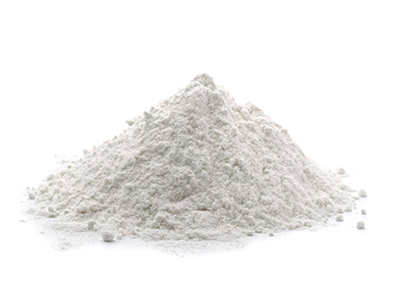MAIN ADVANTAGES OF MICROCRYSTALLINE CELLULOSE:
Excellent compressibility properties - it will increase the compressibility of your formulation;
Increased flow - it also helps with the flow , allowing formulations to move smoothly through machinery and ensuring consistent tablet weights.
Excellent binder - MCC is an excellent binder to help tablets stay together, avoiding fragile tablets
Great filler - MCC also can be used a filler which is needed when your doses of active are very low as well as being odorless, tasteless and non-reactive.
Low bulk density - MCC has a low bulk density which will lead to high dilution and packing density.
Microcrystalline cellulose, aka MCC, it is an ideal excipient used in both tablet production and capsule production, it doesn’t have any taste or smell. MCC is an inert substance. It will not react with any other active ingredients.

Microcrystalline cellulose is commonly used as:
It is considered to be one of the most versatile excipients.
Microcrystalline cellulose is the most common binding agent used to manufacture solid those foods and pharmaceuticals. This is due to the compatibility and strength when turned into a tablet. It was also dissolving easily when digested. it also acts as a great bulking agent if you need to increase the weight of your tablet a little more. It’s used as a disintegrate in formulations and speeds up form tablets deterioration allowing your active to work faster.
Microcrystalline cellulose is directly compressible, meaning it can be pressed into a tablet directly without any other ingredient. A huge benefit to this is that it does not have to be granulated which makes the tablet in process more streamlined and efficient. MCC is safe to consume in normal quantities and is widely used as an excipient for its all-round versatility.
